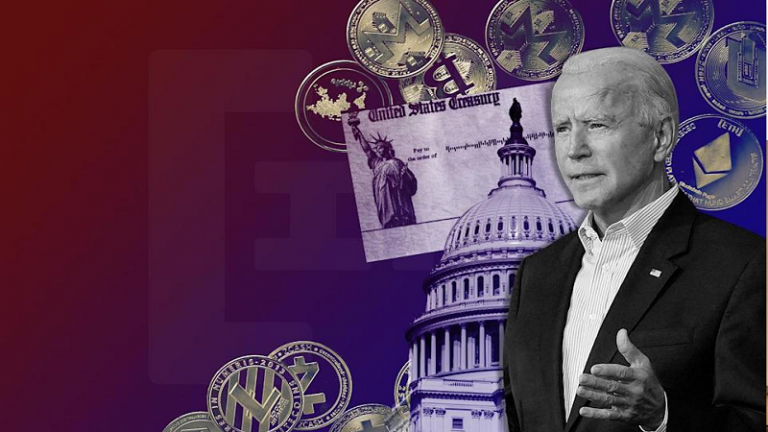
The White House has published a roadmap asking authorities to increase enforcement and ramp up efforts to regulate the crypto sector.
Authored by White House advisors Brian Deese, Arati Prabhakar, Cecilia Rouse, and Jake Sullivan, the paper concluded that the Biden Administration supports responsible technological innovations that make financial services cheaper, faster, safer, and more accessible while taking into account potential risks.
In an official blog on Friday, the Biden Administration detailed its plans to address potential risks from cryptocurrencies in a roadmap that calls for authorities to “ramp up enforcement where appropriate” and Congress “to step up its efforts” to regulate the industry.
Register for Tekedia Mini-MBA edition 19 (Feb 9 – May 2, 2026): big discounts for early bird.
Tekedia AI in Business Masterclass opens registrations.
Join Tekedia Capital Syndicate and co-invest in great global startups.
Register for Tekedia AI Lab: From Technical Design to Deployment (next edition begins Jan 24 2026).
The post starts by citing some major failures within the crypto sector last year, including the implosion of Terra’s algorithmic stablecoin UST that prompted a wave of insolvencies. It also noted the collapse of FTX, once the third-largest cryptocurrency exchange in the world, which delivered billions in losses to users.
Congress, too, needs to step up its efforts. For example, Congress should expand regulators’ powers to prevent misuses of customers’ assets—which hurt investors and distort prices—and to mitigate conflicts of interest. Congress could also strengthen transparency and disclosure requirements for cryptocurrency companies so that investors can make more informed decisions about financial and environmental risks. To aid law enforcement, it could strengthen penalties for violating illicit-finance rules and subject cryptocurrency intermediaries to bans against tipping off criminals. It could fund greater law-enforcement capacity building, including with international partners. And it could limit cryptocurrencies’ risks to the financial system by following the steps outlined by the Financial Stability Oversight Council in its recent report, including addressing the risks of stablecoins.
“Thankfully, turmoil in the cryptocurrency markets has had little negative impact on the broader financial system to date,” the post read, adding that the Biden Administration is focused on mitigating the risks of cryptocurrencies and making sure they do not undermine financial stability.
“At President Biden’s direction, we have spent the past year identifying the risks of cryptocurrencies and acting to mitigate them using the authorities that the Executive Branch has.”
The post added that “experts across the administration have laid out the first-ever framework for developing digital assets in a safe, responsible way while addressing the risks they pose.”
It noted some of the biggest risk factors, including lack of applicable regulations, misleading statements, failure to make adequate disclosures, and poor cybersecurity measures “that enabled the Democratic People’s Republic of Korea to steal over a billion dollars to fund its aggressive missile program.”
Furthermore, the administration called on agencies to use their executive power and “ramp up enforcement where appropriate and issue new guidance where needed.” Specifically, the government asked Congress to increase efforts to regulate the crypto market.
“Congress should expand regulators’ powers to prevent misuses of customers’ assets—which hurt investors and distort prices—and to mitigate conflicts of interest.”
The administration noted that Congress should not allow mainstream institutions like pension funds to dabble into cryptocurrency markets as this would deepen the ties between cryptocurrencies and the broader financial system and increase systemic risks, calling it “a grave mistake” to pass laws that deepen the ties.
“To put the right safeguards in place, we will keep driving forward the digital-assets framework we’ve developed, while working with Congress to achieve these goals,” the paper said.



